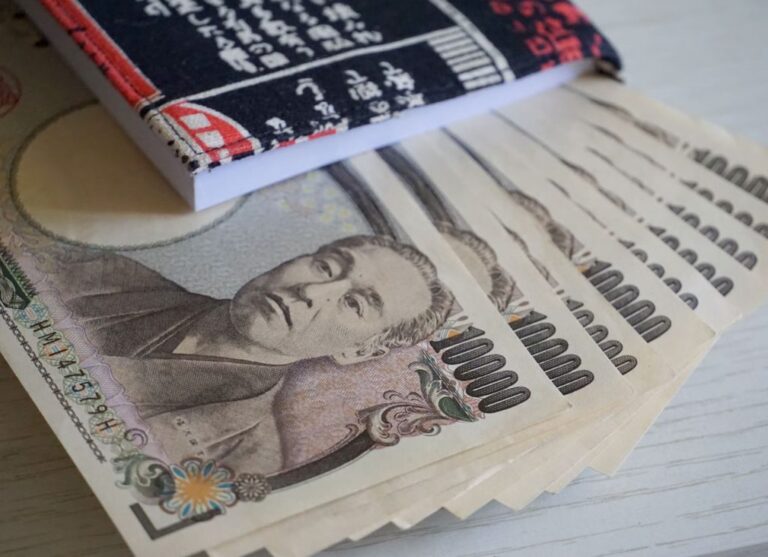
Morning Brief – Pass Through
Pass Through
The so-called pass through rate measures the sensitivity of a country’s inflation dynamics to changes in the value of its local currency. In truth, although the term is used to describe causality between currencies and the price level, the effect does run both ways with inflation impacting the exchange rate at the same time as currency values affect the rate of change in domestic price levels. For the purposes of economics, the term is almost exclusively used to determine how a change in the value of a local currency will impact the domestic rate of inflation. For the past decade, it has been noted that the pass through effect has been very weak. When currencies have been on the move lower, the rising cost of overseas products using domestic capital has typically not fed through to headline inflation as it might usually be expected to. This has been because we have been living in a globally low inflation environment where compensating factors or policy have been able to block the feedback between currency value and the price level.
You will agree with me I’m sure that we are no longer in such a globally low inflation environment, far from it. There is the significant risk therefore that instability in exchange rates could have an out-sized impact upon domestic inflation. Because we do not live in the bubble of this economic theory we also know that this changing price level would in turn make exchange rate deterioration more severe. This has the potential to create pockets of risk where vicious cycles can manifest to force sudden changes in the FX market. Those currencies most vulnerable are those of emerging markets but also currencies where foreign direct investment has, or could easily, become limited.
One of the main pressure points for such emerging market currencies is the presence of a strong US Dollar. With a stronger Dollar, the risk of currency volatility within emerging markets is elevated making an understanding of the pass through rate even more critical to currency analysis. Whilst the Dollar had been weakening significantly with many analysts pointing to the peak of the USD cycle, it has begun to strengthen once again. By deteriorating the fiscal stability of emerging markets forced to issue debt in hard currency and generally applying a dampening force to global economic activity, USD strength has a meaningful and detrimental impact upon emerging market FX. This is therefore a sector of the currency market that could, and arguably should, see higher levels of implied and realised volatility over the next few quarters. When it does, focus will be in the pass through rate to see how deep the localised falls in many emerging market currencies will be.
Discussion and Analysis by Charles Porter

Related Insights

Morning Brief – Japanese Yen
Japanese Yen With JPY at a new 34 year low versus EUR, the market is set for an ambush by the Bank of Japan if it acts today at the end of their Policy Meeting to support the Yen. The reason that the market is susceptible is because it has convinced itself that the BoJ […]

Morning Brief – Coalition
Coalition This briefing is about South Africa and the Rand, which frequently proves to be one of the more divisive subjects within our roster of currencies. In particular, with the election looming, this will be about South African governance. Not from a political or human perspective about what may be the best long term outcome […]

Morning Brief – US Tariffs on Chinese Imports
US Tariffs on Chinese Imports Recently we wrote about how Mexico has become the Number One trade partner for the USA. It now transpires that Mexico may have had what is known as a little assist with their numbers: the statistics for the number of 20 foot shipping containers for the first three Quarters of […]



 Humphrey Percy
Humphrey Percy